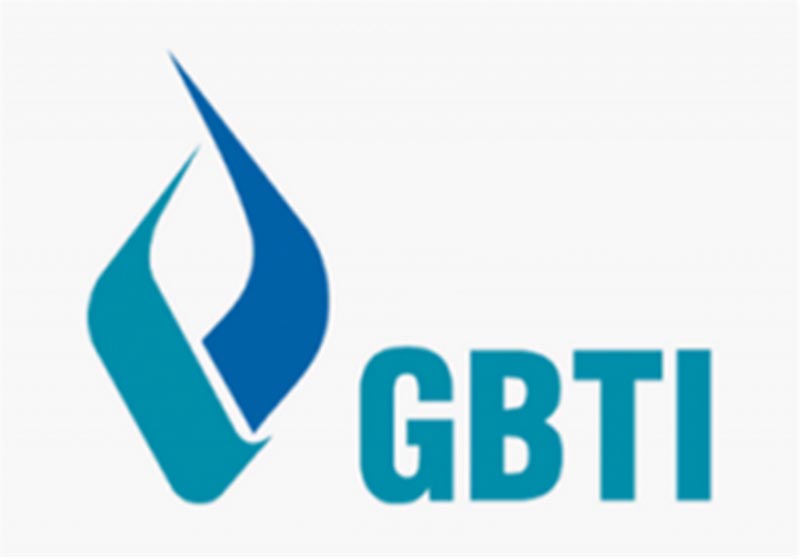If the authorities can hardly be blamed for putting a brave face on what, in many instances, has been the commendable efforts of small and micro businesses, notably those in the agriculture, craft and agro processing sectors, to ‘soak up’ the pressures of the covid-19 pandemic, we need to be mindful that we not extend this focus into the realm of the illusionary.
Amongst the small and micro businesses across Guyana the pandemic has had a devastating even if significantly under-reported effect. This has been so particularly in the instances of those contact-intensive sectors in the small scale manufacturing, food, entertainment and vending sectors. As a result – and we have been able to determine this on account of our coverage of small businesses during the period of the pandemic, so far – here in Guyana there is the possibility of significant numbers of permanent micro and small business closures or at least a downsizing of many once thriving ventures.
Accordingly, we find ourselves facing the very real possibility of the complete liquidation of several hundreds of jobs, a serious threat to the long-term well-being of large numbers of families. Any significant loss of jobs and earnings arising out of the covid-19 circumstance will inevitably have a knock-on effect on the country’s overall post-covid recovery efforts.

Accordingly and rather than use the media to promote grandiose illusions about how well we are doing in a difficult circumstance the authorities would do well to focus on mustering such liquidity support as it can, through loans, credit guarantees, and moratoria on debt payments to protect the many micro and small businesses that may not yet have slipped entirely into irretrievability and perhaps even to help retrieve some of those that might have ‘gone under.’
It is of course understood that official liquidity support cannot, in most instances, adequately address solvency challenges. Those businesses that have had no choice but to continue to borrow simply to remain in existence have now, in some instances, become burdened by mountains from which they are unlikely to recover.
Figures generated by the International Monetary Fund are likely to be instructive for assessment of micro and small business survivability in countries like Guyana. Accord-ing to the Fund, covid-19 could increase the number of insolvent small businesses from 10 percent to 16 percent in 2021 across 20 mostly advanced econo-mies in Europe and the Asia-Pacific region. Armed with this information we can easily extrapolate that the numbers of involuntary micro and small business liquidations in poor countries will probably be greater. Perhaps more to the point is the likelihood that such liquidations in poor countries are likely to be more impactful given the higher level of societal dependency on micro and small businesses in such countries, including Guyana. Here, it is not just a question of the loss of individual jobs but also the impact on entire families in some mostly hinterland farming agro processing ventures where meaningful employment options are few. There are, as well, the implications of this situation for lending institutions (banks and other types of lending institutions) where a flood of borrowing could trigger a tsunami of defaults that compel complete write-offs, depleting the capital of the lending agencies and posing a threat to the financial system as a whole. Where borrowing is exhausted personal and family savings become the next targets for depletion.
Interestingly, the nature of the current crisis gives rise, arguably, to a clearer case for what one might call solvency support as recently occurred in the instances of the small businesses that received modest grants from the state-run Small Business Bureau. (SBB). As was explained to the Stabroek Business by one of the recipients of the grant, the sheer magnitude of the problem means that in many instances, such financial help as is forthcoming amounts to a drop in the proverbial ocean.
Some countries – fortunately this is probably unlikely to be the case in Guyana – will, arising out of the economic dislocation created by covid-19, likely be confronted with a tsunami of insolvencies many of which might overwhelm the courts, One consequence, in some instances, is that potentially still viable small businesses are forced into liquidation.
In instances where fiscal space and, critically, transparency and accountability exist, there could conceivably occur injections of equity into some small businesses. Indeed, we may well find that this might be an option in some instances in the Guyana situation. One approach might be for government to make available profit participation loans either through fresh waves of lending or conversion of existing ones. This could be applicable in instances where insolvency may have been the direct result of the impact of the covid-19 pandemic but where those businesses are believed to possess viable models that point to potential for continuity and growth. Here, governments (and here we refer specifically to the Government of Guyana) may wish to consider conditioning their support for lending institutions (like banks) on those institutions providing equity so that the market can play a dominant role in identifying businesses that are demonstrably viable.
What will be required is a comprehensive set of insolvency and debt restructuring tools. These should include out-of-court restructuring mechanisms and insolvency procedures.
If strong recovery is to be realized government must address the risks of micro and small business distress. Continued liquidity support could realize that goal.









